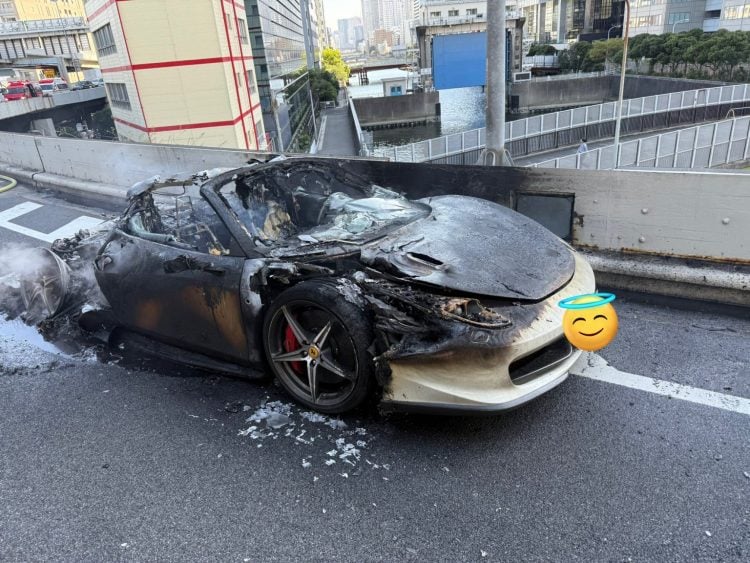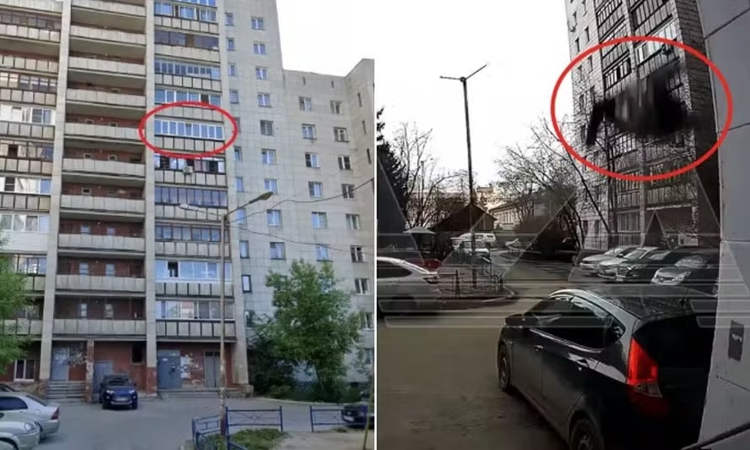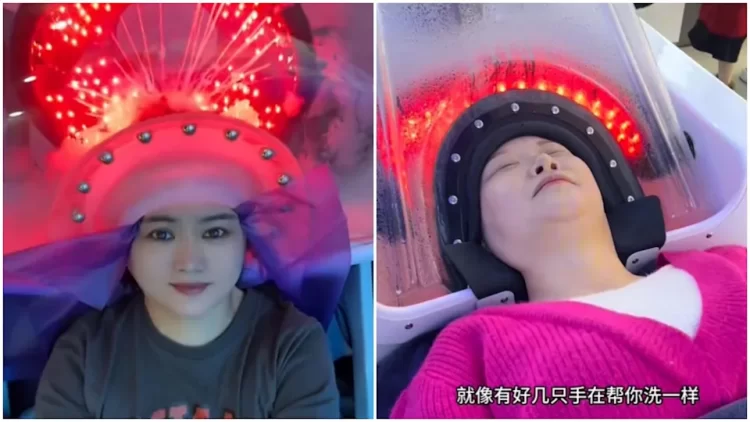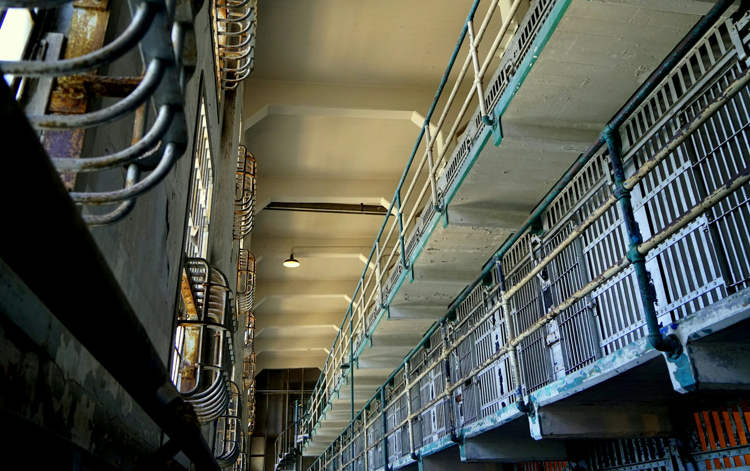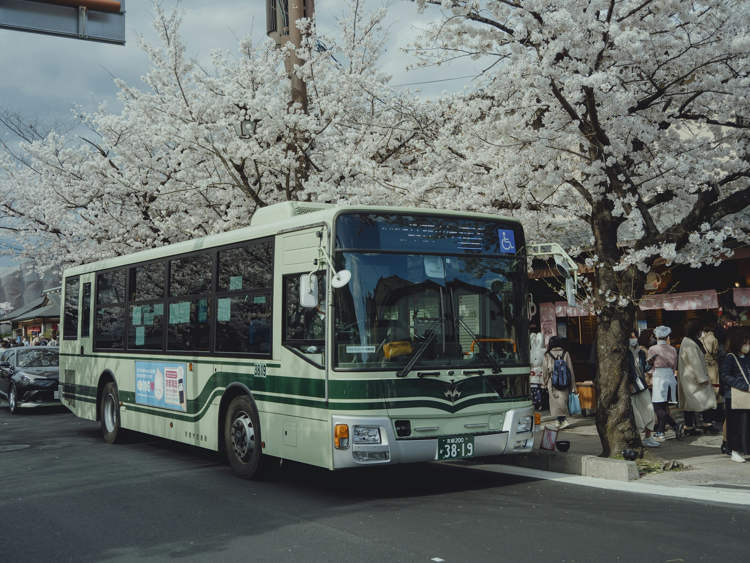A viral news report about a woman who claims to have found plastic pellets mixed with rice grains has once again reignited allegations about Chinese fake rice.
Rumours about ruthless Chinese rice growers and retailers mixing plastic rice grains with real ones to increase profit at the cost of consumers’ health have been doing the rounds online for at least a decade, but no such claims have ever been confirmed. We previously wrote about allegations surrounding “cheap but profitable” fake Chinese rice being exported to other Asian countries, including Singapore, Indonesia, Vietnam, and India, but even then authorities could neither confirm nor deny these rumors. Now, another such case has once again brought the so-called “fake rice myth” back into the spotlight.
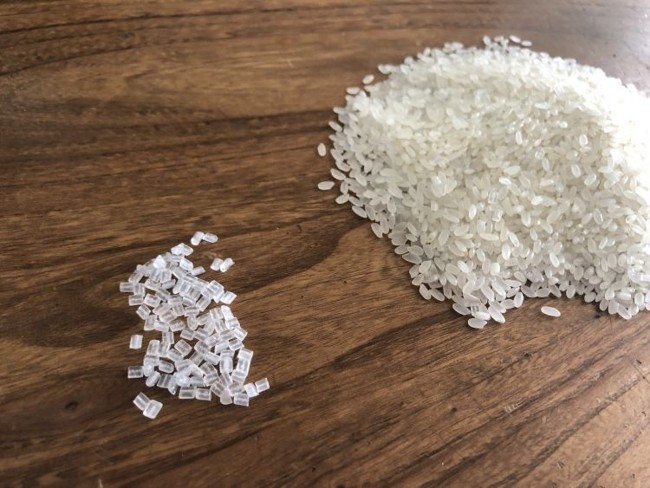
Chinese media recently reported on the experience of a Chinese woman from Jiaozhou, in Qingdao, who reportedly bought a 10-kg bag of Wuchang rice only to discover that it contained bits of white plastic mixed with the actual rice grains. The woman, identified only as Ms. Liu, said that she ate rice from the bag twice after opening it, but each time she did, she tasted plastic. At first, she blamed the rice cooker, but as she was washing a few servings of rice while preparing dinner a few days ago, she noticed something strange.
The woman said that she saw a bunch of plastic-like granular objects floating on the surface of the water, and upon further inspection confirmed that they were not grains of rice. She and her family tested both the real rice and the mysterious pellets by burning them with a lighter and noticed that while the rice turned to char, the fake grains burned and melted like plastic.
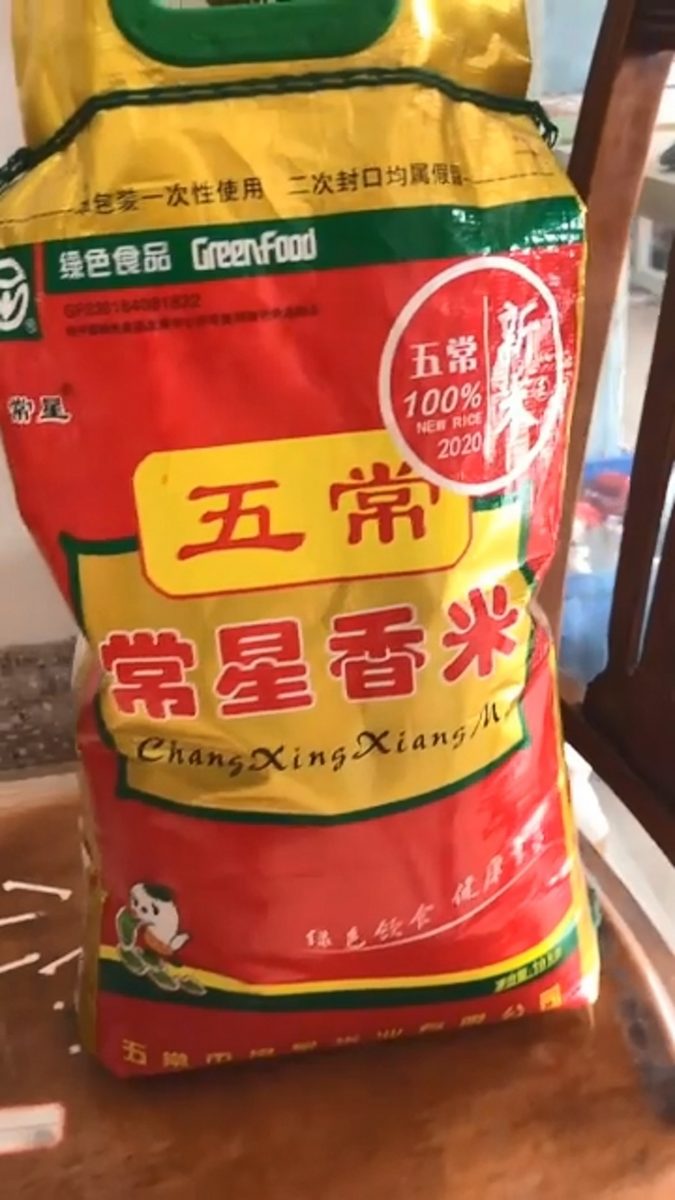
Ms. Liu took the remaining rice back to the store she had bought it from and demanded an explanation, but the owner only raised their shoulder and said that they had been buying that brand of rice from the same person, a Mr. Tan, for many years and had never registered any complaints because of it. The owner even agreed to open up other bags just like the ones Ms. Liu had bought to check the rice, but they didn’t find anything suspicious.
Although the myth is yet to be confirmed, photos and videos of Ms. Liu’s alleged discovery have already gone viral on Chinese social media, once again bringing the issue into the spotlight. The case has gotten so much attention that the Jiaozhou market supervision department has announced an investigation into the matter.
This isn’t our first time covering fake food allegations in China. A few years ago we posted about about a strong “beef extract” additive used in restaurants to turn pork into beef, and in 2013 we had concrete-filled walnuts.

